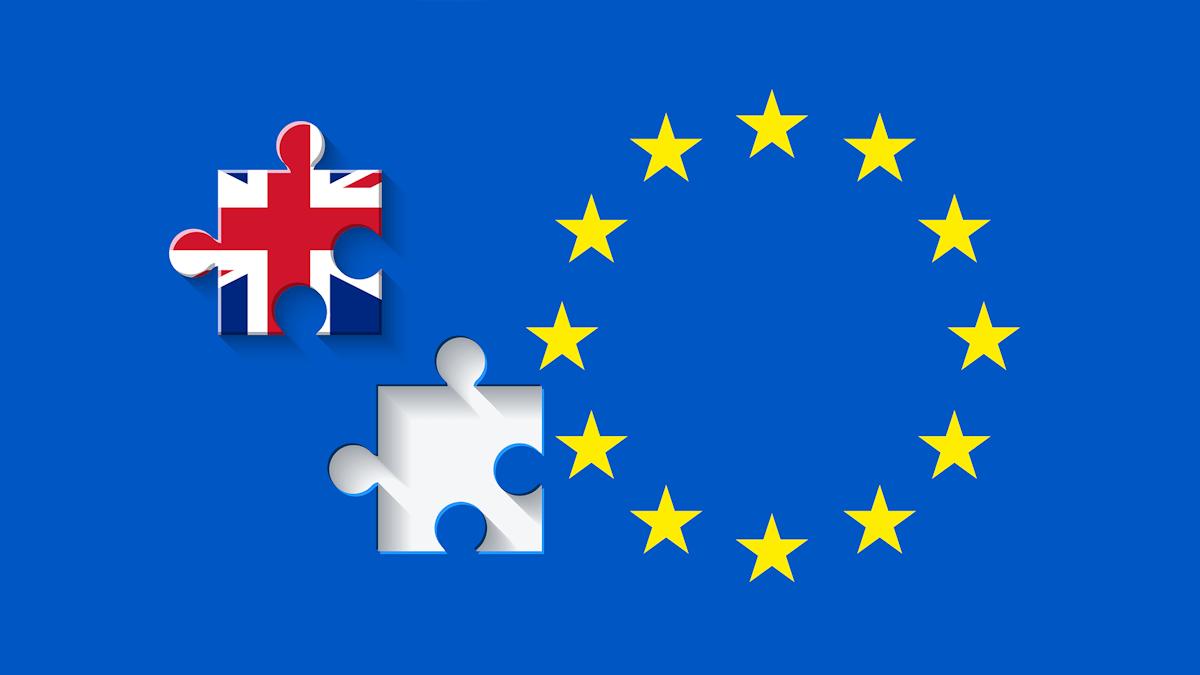Pharma urges politicians to stop no-deal Brexit in today's vote

Pharma has urged politicians to reject a no-deal Brexit in today’s crunch vote, reiterating warnings that this would disrupt supplies of critical medicines.
A motion on a no-deal Brexit is scheduled be put before MPs at 2.30pm today, and a vote could take place any time after this.
However it’s expected that the vote is most likely to occur in the early evening as the debate over the motion is likely to be long and fierce.
After MPs rejected Theresa May’s final attempt to get her deal through Parliament, the Association of the British Pharmaceutical Industry (ABPI) warned that politicians must find a solution that avoids a no-deal scenario to maintain steady supplies.
Around 45 million packs of medicines leave the UK destined for patients in Europe every month and 37 million packs head the other way, according to ABPI estimates.
That is more than a billion packs of medicine crossing the border between the UK and EU each year.
Pharma companies have been stockpiling medicines in preparation for any disruption at borders caused by a no-deal scenario.
But health minister Stephen Hammond last month said that no-deal could disrupt medicines supplies to the UK for at least six months, because of delays as they are shipped across the channel.
Previous estimates had suggested delays would last only six weeks after Brexit, which is due to take place on 29th March.
[caption id="attachment_21182" align="alignnone" width="138"] Mike Thompson[/caption]
Mike Thompson[/caption]
Mike Thompson, chief executive of the ABPI, said: “Pharmaceutical companies have done everything in their power to prepare for a no-deal Brexit. This includes increasing stocks of medicines, changing and adding new supply routes and duplicating manufacturing processes here and in Europe.
"Despite these efforts, we have always said that in a no-deal scenario we could face the very real possibility of disruption to the supply of some medicines.
"With just days remaining we need a solution which avoids a no-deal Brexit and the potential harm it could cause."













